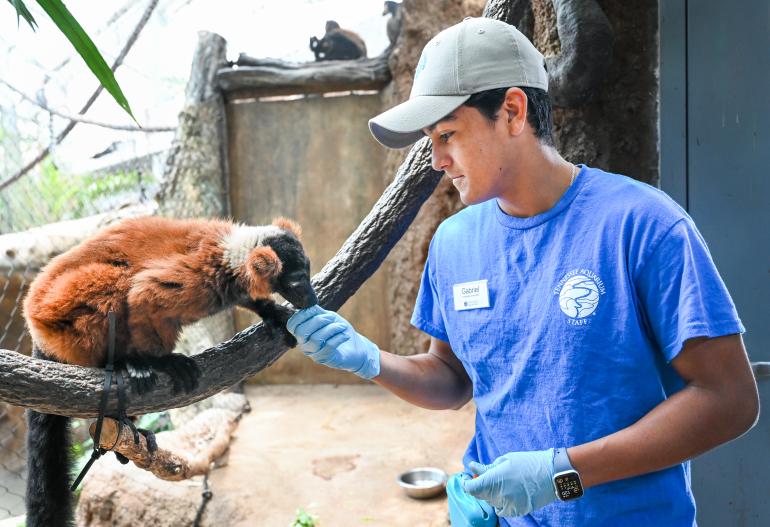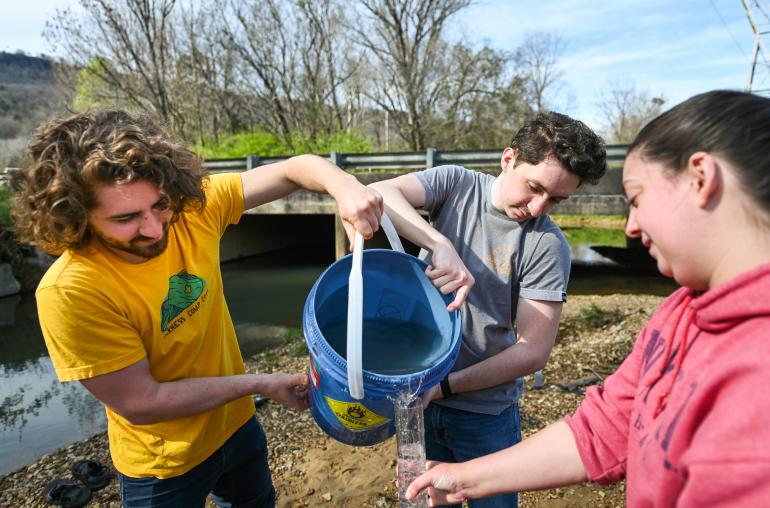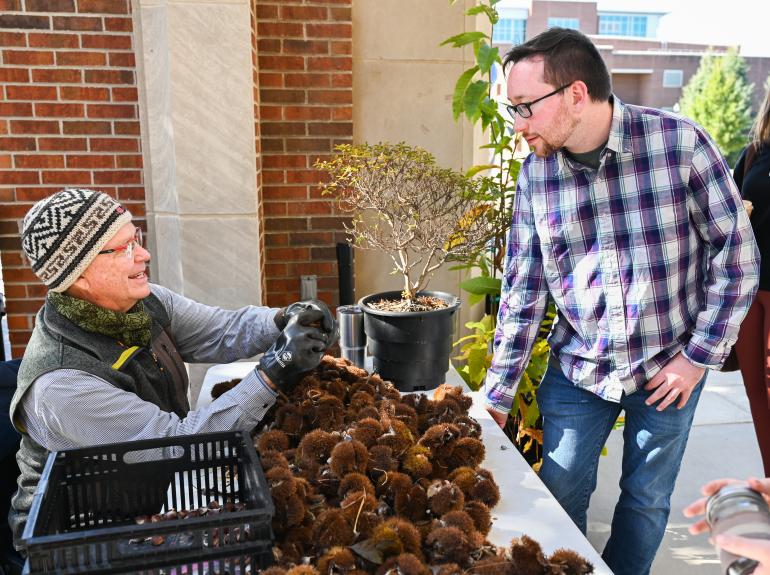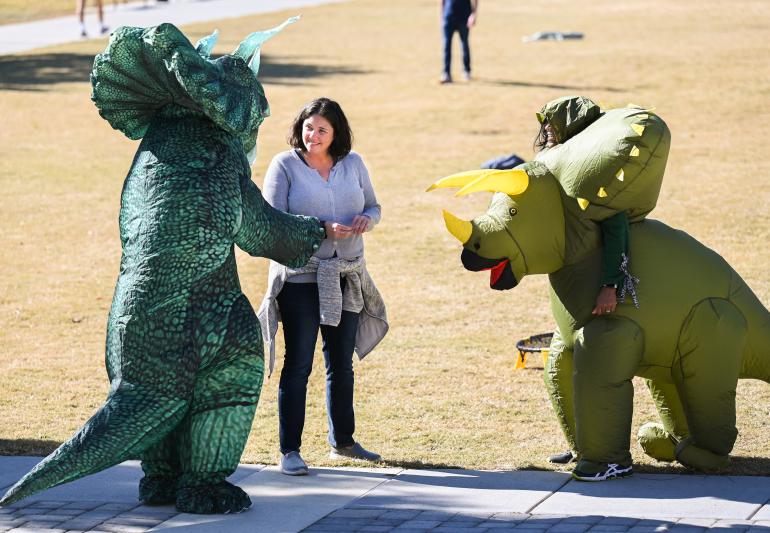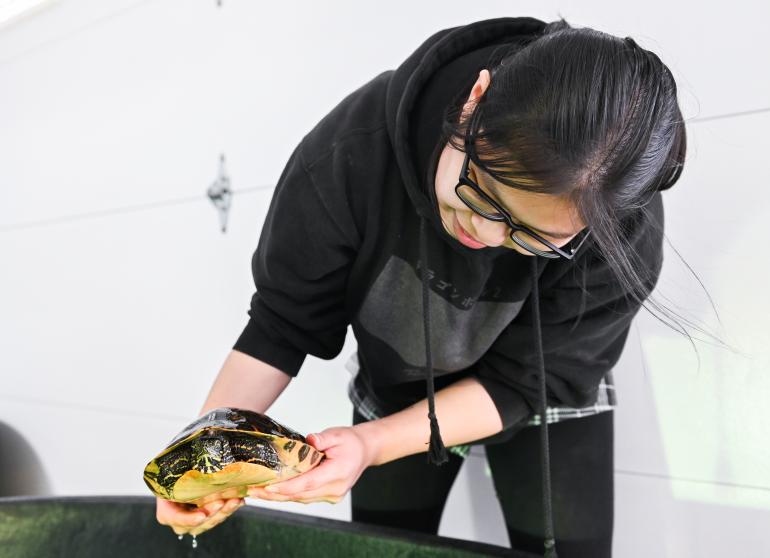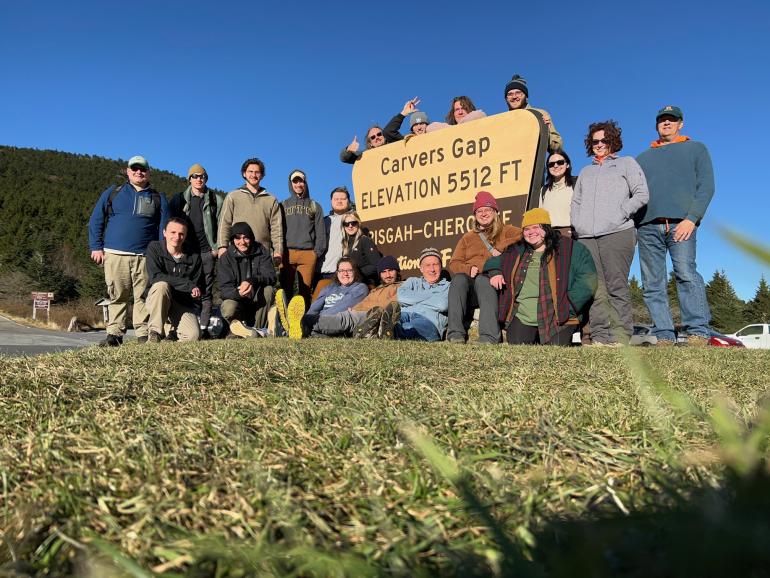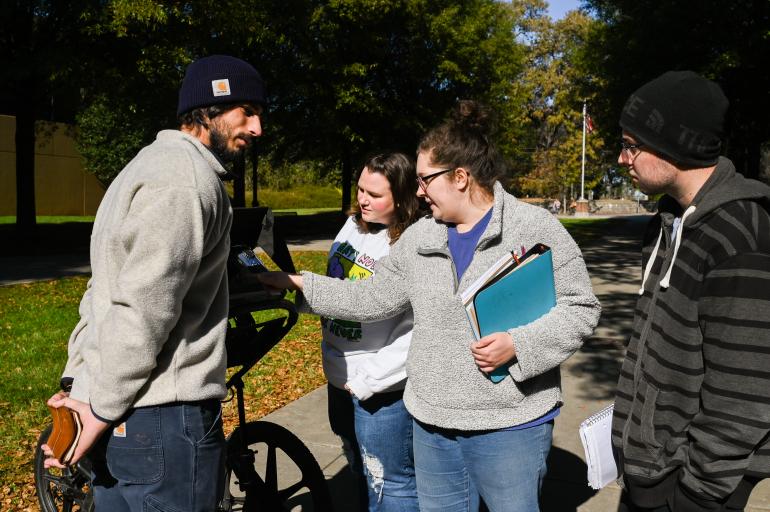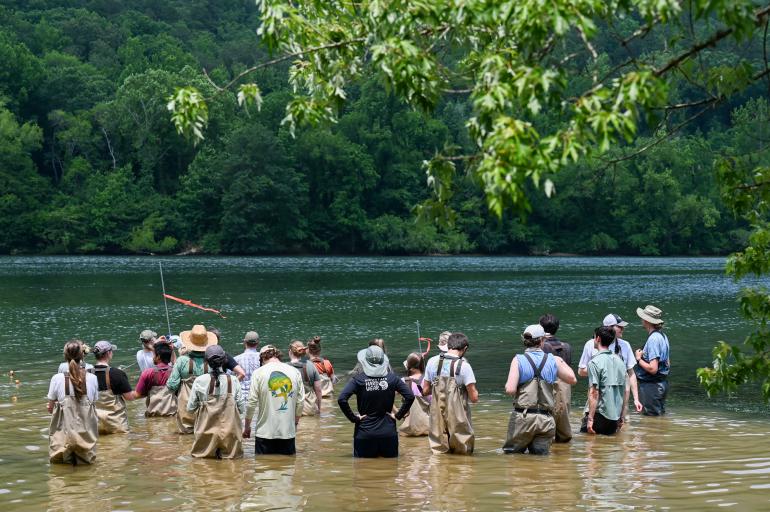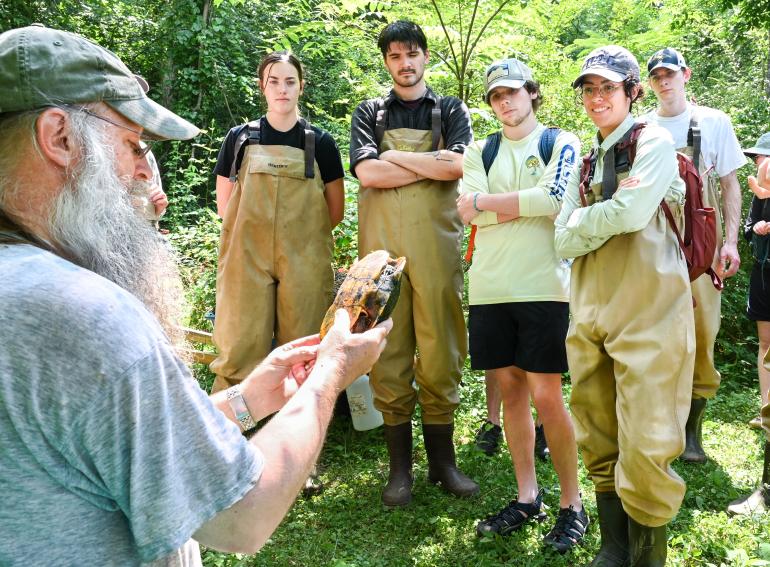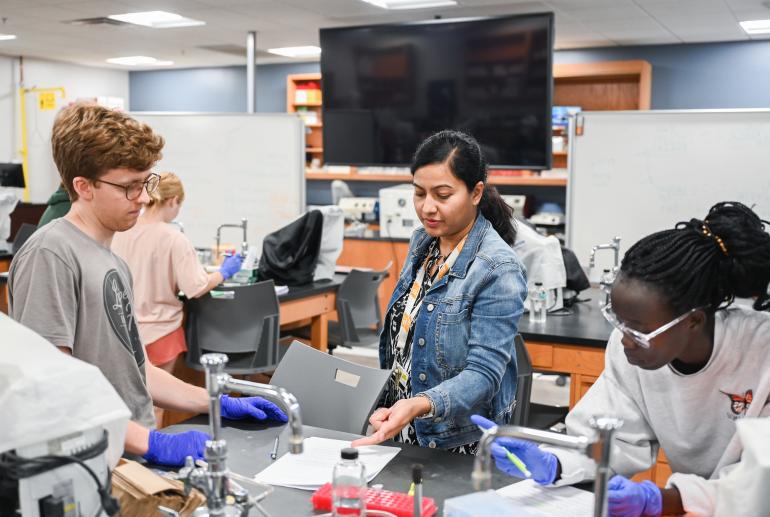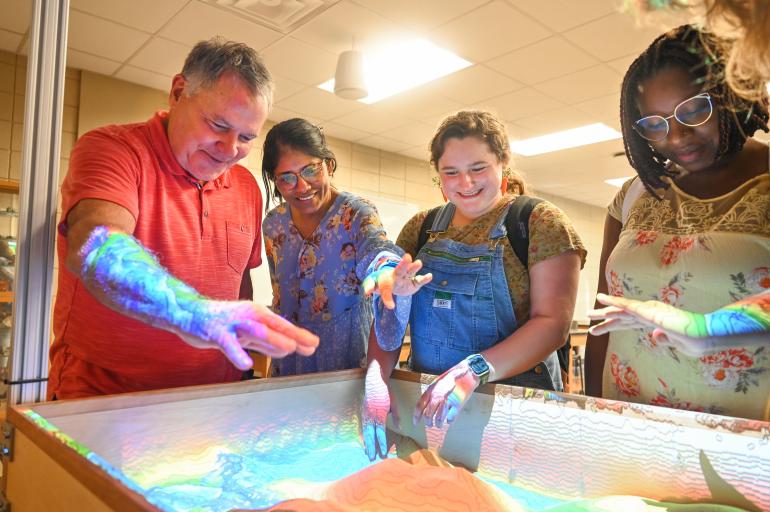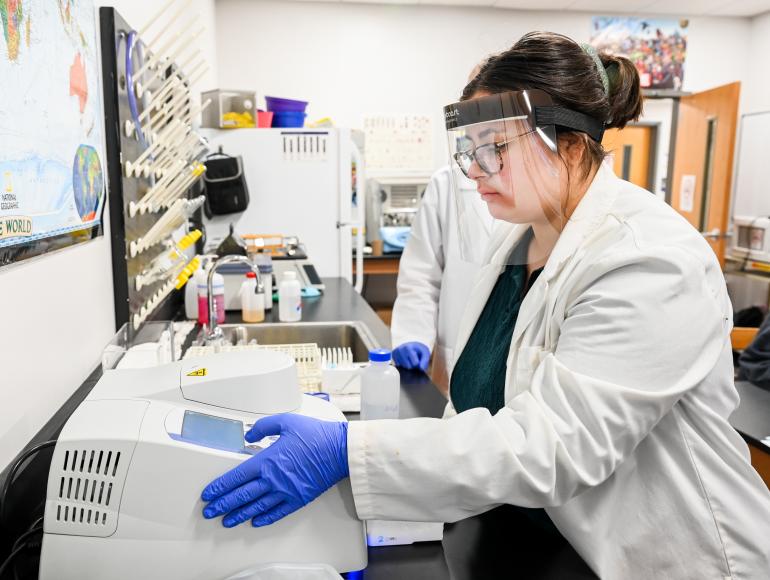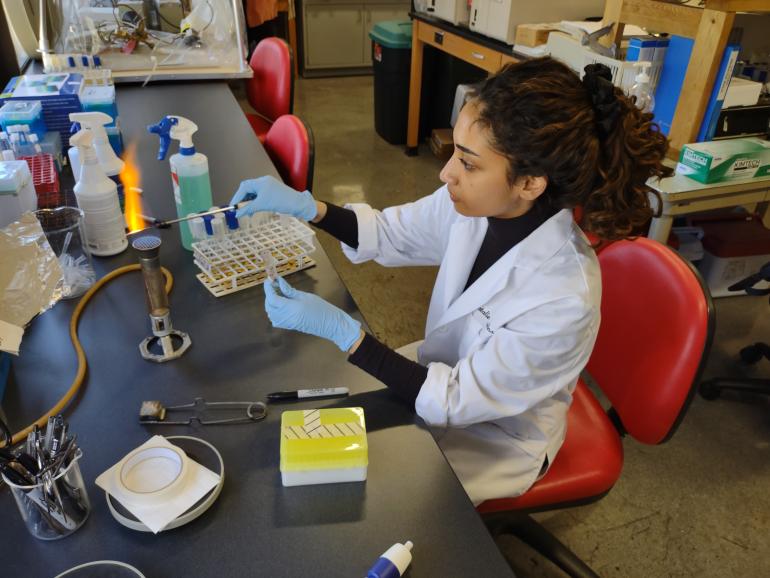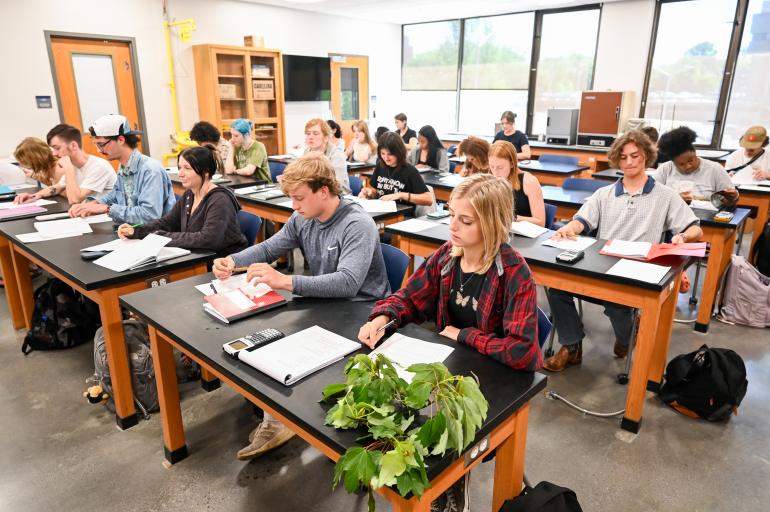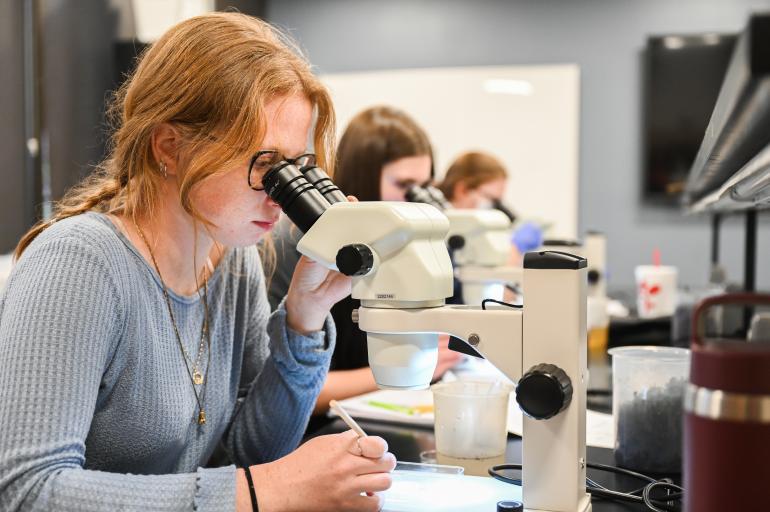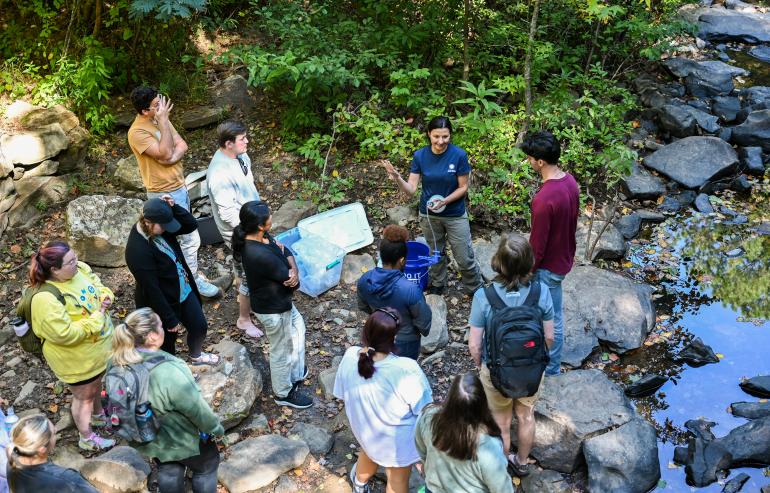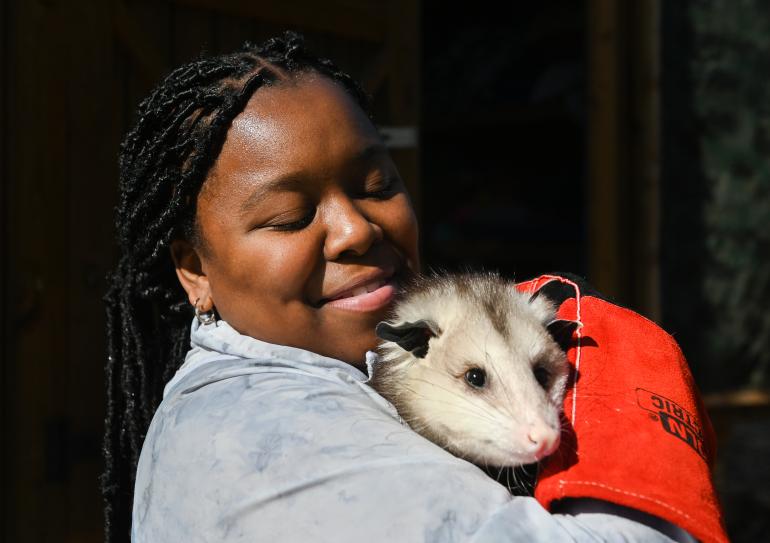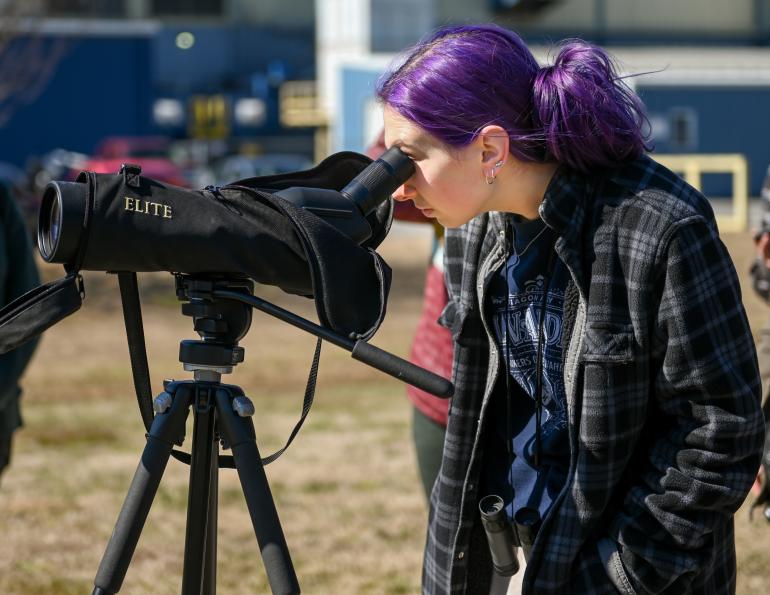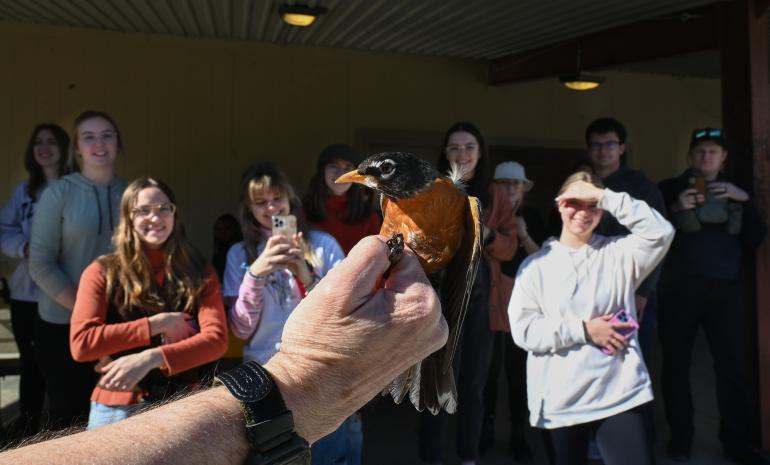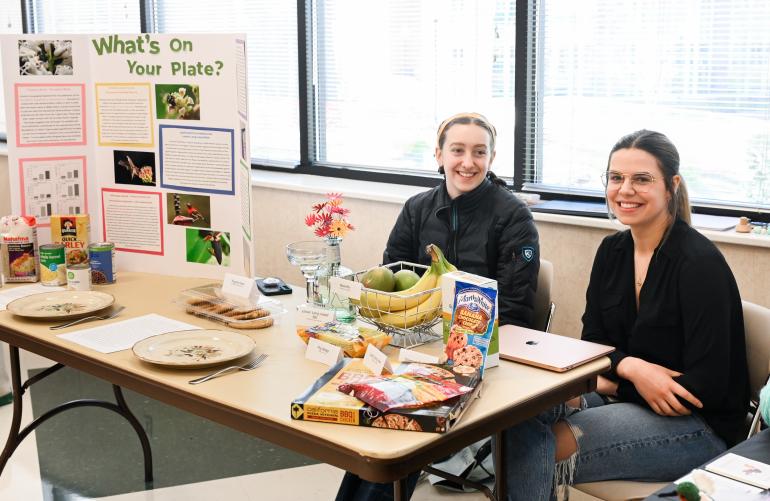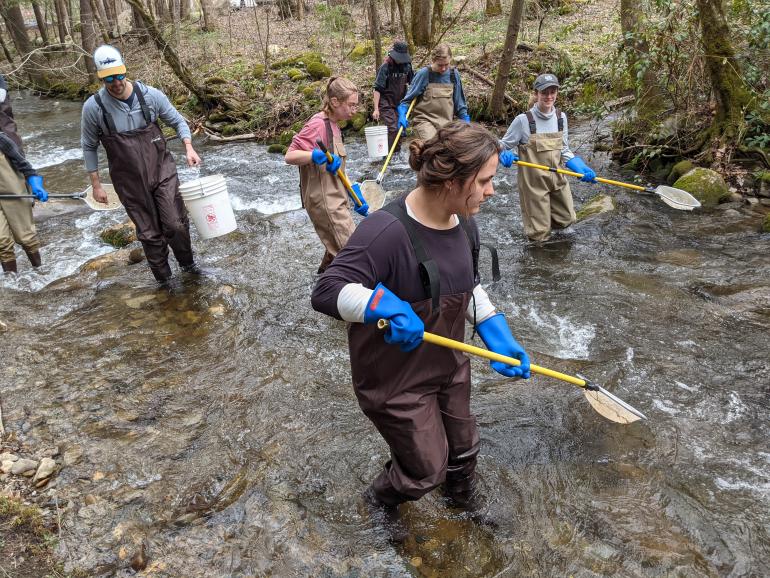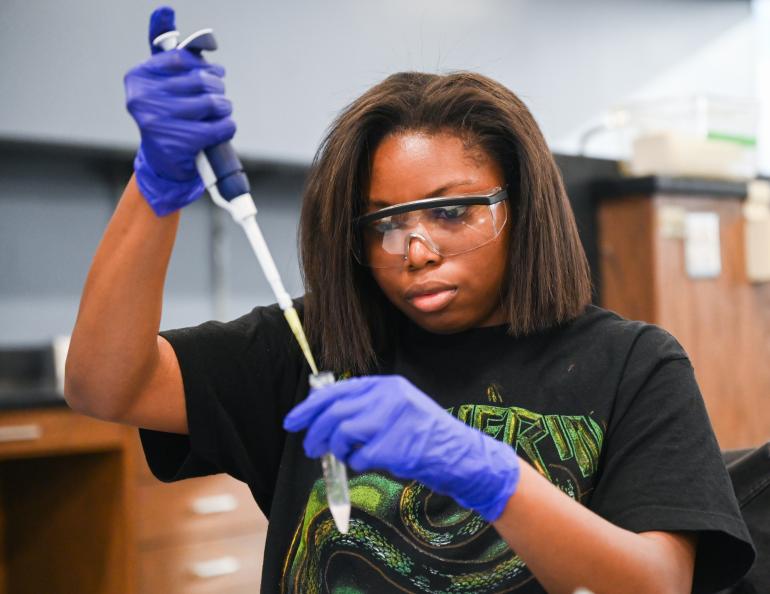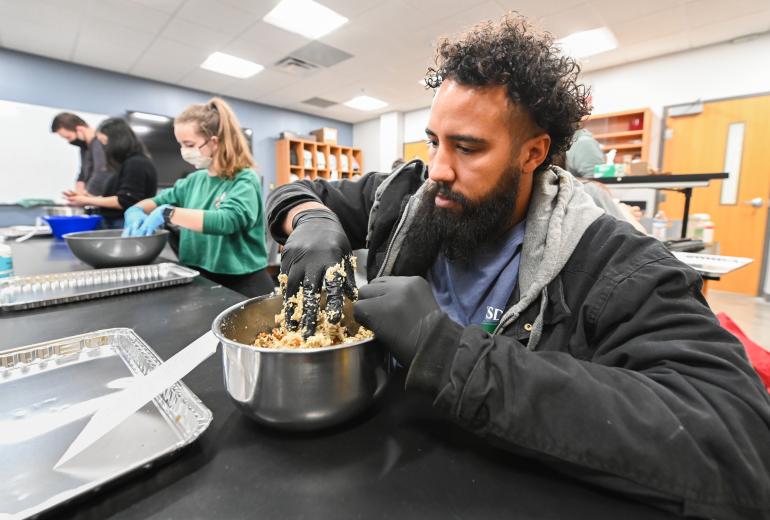Biology, Geology and Environmental Science
At the University of Tennessee at Chattanooga, the Department of Biology, Geology, and Environmental Science (BGE) explores life, Earth and the environment—from molecules to ecosystems and from local field sites to other planets.
- Biology students investigate the behavior, ecology, and evolution of animals, plants, fungi, and microbes, dive into molecular genetics and cellular biology for health careers, or prepare to teach through STEM-focused pathways.
- Geology students study Earth history, materials and processes to solve real-world problems such as natural hazards, managing of natural resources (minerals, rocks, soil, water) and the effects of climate change over time, also includes a STEM-focused teaching pathway.
- Environmental science blends the natural and social sciences to tackle issues of population, resources, pollution and sustainability through hands-on, applied learning.
Across all programs, you’ll find research opportunities, labs and fieldwork, internships and faculty advising that lead to meaningful careers in healthcare, conservation, education, environmental policy, industry and graduate school.
Biology Geology and Environmental Science Academic Programs

Field Botany
Biology, B.S.
Study life from molecules to ecosystems. Choose a path that prepares you for healthcare, research, biotech, or teaching.

Geology, B.S.
Study Earth from minerals to mountains. Choose a path that prepares you for water, hazards, energy, GIS/mapping or teaching.

Environmental Science, B.S.
Study environment from populations to ecosystems.
Environmental Science, M.S.
Advance with a graduate degree. Choose a path that prepares you for management, policy, consulting, GIS or climate work.
News and Department Updates
See how students and faculty advanced science this year, in classrooms, labs and the field. You can also read our previous newsletters here: 2025 Newsletter | 2024 Newsletter | 2023 Newsletter
Catch up on all BGE news stories at UTC.

Ant Ecology
Scholarships and Aid
Lower the cost of college with scholarships across biology, geology, and environmental science.

Give Back
Invest in scholarships, student support and learning that prepares students to lead.

Alumni Information
Update your details, stay connected and inspire future Mocs.
